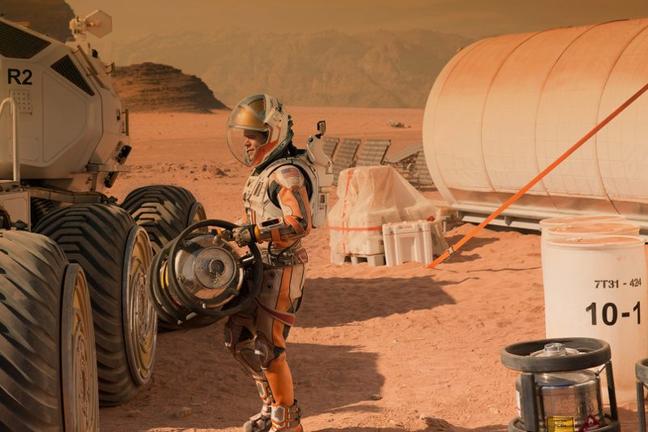When Matt Damon became stranded on the Red Planet in Ridley Scott’s 2015 sci-fi The Martian, his survival became dependent on a multitude of complex factors, least of all his ability to grow potatoes in his own shit. When the rest of us, finally go to Mars we’ll hopefully found a solution to the Potato Problem (vast bags of frozen McCains, maybe). Then again, researchers may have more pressing issues to attend to, especially given Elon Musk’s recent predictions that he could start landing passengers on Mars in the next three to four years. Yes, not decades, but years.

Musk – an increasingly controversial figure – founded SpaceX in 2002 and carried out its first private commercial launch in 2013. The next decade saw Musk race to space missions, including ferrying NASA astronauts to the International Space Station, which it did in 2020, and carting private customers into the thermosphere, which it did in 2021. Rubbing shoulders with Musk as they jostled for pole position was Richard Branson’s Virgin Galactic and Jeff Bezos’s Blue Orbit, which sent Captain Kirk actor William Shatner into space in 2021 (“All I saw was death),” Shatner would later write of the experience).

Become a Gentleman’s Journal Member?
Like the Gentleman’s Journal? Why not join the Clubhouse, a special kind of private club where members receive offers and experiences from hand-picked, premium brands. You will also receive invites to exclusive events, the quarterly print magazine delivered directly to your door and your own membership card.


